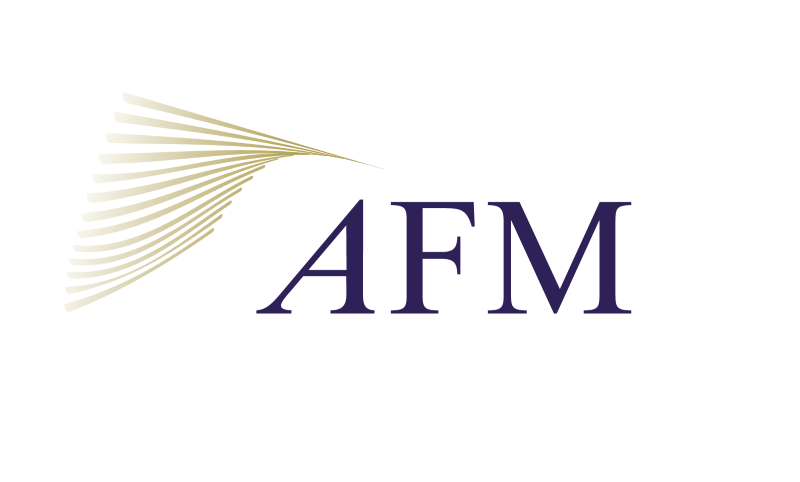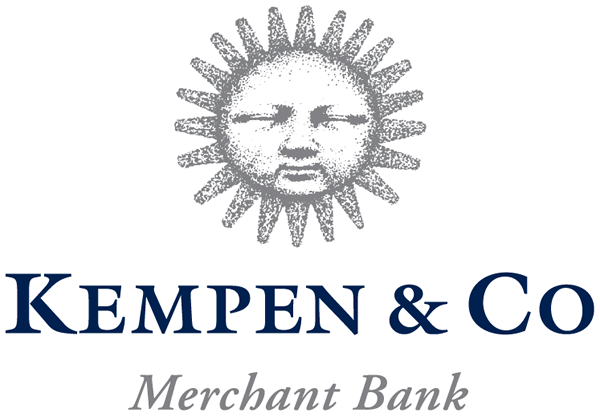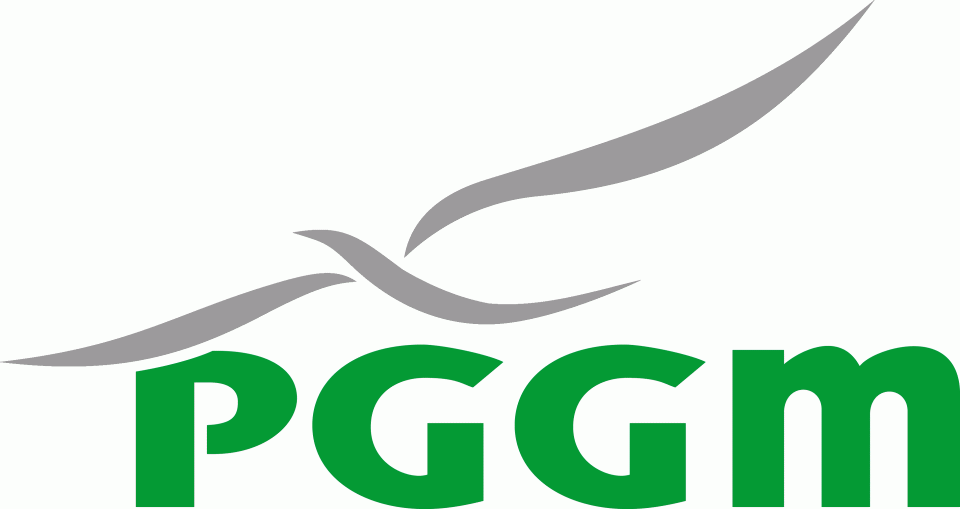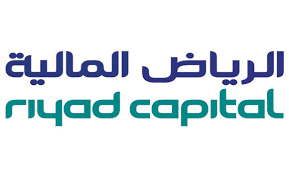Are you interested in building deeper skills in analyzing accounting information? Do you want to make smarter financial decisions? Do you need to understand a company’s profitability? Are you interested in a firm’s growth in revenues and earnings, and how that growth drives share prices? Are you concerned with a firm’s risk? Do you want to be able to evaluate a firm’s financial statements? Do you want to learn how to evaluate “accounting quality” and adjust the statements if you suspect earnings management? Will it be helpful for you to forecast and model a firm’s future earnings and cash flows, and use those expectations to estimate share value?
These are questions of great importance for many professions in the finance realm. Companies’ reported financial statements provide a wealth of information to understand profitability, growth, risk, and value. But to unlock that wealth of information, you have to know where to look and how to analyze the numbers. The Advanced Financial Statement Analysis program will provide you with an analytical framework and practical tools to read and understand financial statements for intelligent financial decision making.
“Excellent in every aspect!”
Senior Analyst Riyad Capital, Saudi Arabia
IFRS and U.S. GAAP
Financial reporting under IFRS and U.S. GAAP provides corporate managers with wide latitude in how they measure and report financial performance and position. Managers can use this latitude to inform or to mislead stakeholders. Past financial reporting scandals (e.g. Enron) reveal that managers who engage in earnings management or fraud can do hug damage. Therefore, this program will also increase your ability to assess accounting quality, and detect and undo earnings management.
How you will benefit
-
- Analyze and use the information that firms report in balance sheets, income statements, statements of cash flows, and related notes
- Understand the types of accounting choices and estimates under IFRS and US GAAP that managers make in terms of their business strategy, constraints, and especially incentives
- Evaluate firms’ accounting quality, and test for the likelihood of fraud
- Know how to restate firms’ reported financial statements to undo earnings management, when needed
- Develop a better understanding of the types of red-flags to watch out for by analyzing the current financial statements of a company. Learn this with real-life case studies of diverse high-profile organizations
- Gain a powerful toolkit you can use to analyze financial statement data to assess firms’ profitability, risk, growth, and cash flows
- Develop a complete set of methods and mechanics for forecasting firms’ future business activities. Learn how to measure the expected effects of those activities with projected future balance sheets, income statements, and cash flows
- Understand and apply various valuation approaches, including residual income valuation, discounted free cash flows, and market-based valuation multiples
Program length
5 days
| Day 1 | 09:00 – 17:30 |
| Day 2 | 09:00 – 17:30 |
| Day 3 | 09:00 – 17:30 |
| Day 4 | 09:00 – 17:30 |
| Day 5 | 09:00 – 17:30 |
Next step
We offer carefully crafted learning paths designed to help you dive deeper into various facets of finance. Take the next step in your professional learning path by choosing one or more of our specialized programs, for example:
The six-step framework
The Advanced Financial Statement Analysis program develops and applies a six-step framework for analysis and valuation of companies. Throughout the program, we will use real companies and real financial statements. In the program we will analyze:
- Competitive dynamics within an industry
- A firm strategy and competitive advantages
- Accounting and financial reporting quality
- Financial analysis, focusing on profitability, risk, and growth
- Forecasting future earnings and cash flows
- Valuation and investment decision-making
The program demonstrates and applies this analytical framework. It provides a wide array of practical tools to emphasize the use of financial accounting information in equity valuation and other financial decision-making contexts. We will also examine the issues that corporate managers face as they design and implement financial reporting strategies. We will help to increase your abilities to detect and undo the effects of earnings management. The framework and tools developed in this program are intended to enhance your analytical skills. If you are interested in using financial statements in a wide array of financial decision-making contexts, particularly equity valuation, this program is the right fit for you.
The program consists of the following three integrated parts:
Financial Statement Information
Enhance your understanding of the accounting information contained in company annual reports (balance sheets, income statements, statements of cash flows, and related footnotes and disclosures). We will examine the many value relevant pieces of information that financial statements contain. Furthermore, we will assess accounting choices managers make in light of their business strategy, constraints and incentives, and U.S. GAAP and IFRS.
Analysis
Learn to analyze how financial statement information captures the critical factors of risk and success in the competitive environment and strategy of firms. Here, we will introduce you to advanced practical tools that allow you to obtain much more information out of a set of financial statements. This enables you to better assess a firm’s profitability, risk and growth. In this section of the program we will also analyse an advanced set of cases.Within these cases, we will evaluate accounting and earnings quality, assess the likelihood of earnings management, and undo the effects of earnings management.
Accounting-based Valuation
Learn and apply a variety of state-of-the-art accounting-based valuation techniques. For example, techniques such as discounted free cash flows, residual income, and valuation multiples such as price-earnings ratios and market-to-book ratios. In addition, you will be exposed to the interplay between firms and analysts, and the striking impact of earnings numbers on share prices in the capital markets.
Day 1
- A Framework for Financial Statements Analysis
- The Role of Earnings in the Capital Markets
- Applying the Analysis Framework
- The Information Content of Financial Statements
- The Determinants of Accounting Quality
- IFRS vs. GAAP: Key Similarities and Differences
- Applying Accounting Quality Analysis Tools
Day 2
- Analyzing Financial Statements: Profitability, Growth and Risk
Day 3
- Analyzing Accounting Quality and Detecting Earnings Management
- What is Income? Measuring and Reporting Financial Performance
- Introduction to Forecasting
Day 4
- Advanced Analysis of Accounting Quality and Detecting and Undoing Earnings Management – continued
- Building Financial Statement Forecasts
- Introduction to Valuation
Day 5
- Accounting-based Valuation
- Application of Forecasting and Valuation
Program preparation
There is some preparatory work required for this program. Pre-readings consist of case materials, chapters of a book and/or a few articles. These materials will be made available on a password protected webpage a few weeks prior to the program.
To ensure maximum benefit from the program for participant and fellow-participants, we strongly advise to prepare prior to attending.
Read more
Do you want to read more about related topics? Take a look at the following articles:
> Steering profits. That’s how it’s done. Or is it?
> Best Practice: Smart Financial Decisions
> Alumni tell us about AIF’s in-depth programs (Advanced Financial Statement Analysis)
The Advanced Financial Statement Analysis program is recommended for finance professionals who are keen to deepen their knowledge and skills in analyzing financial statement information (balance sheets, income statements, statements of cash flows, footnotes). The program is also beneficial for enhancing the ability to make correct and efficient financial decisions.
The course is especially relevant for finance professionals involved in equity investments, lending and credit risk assessments, mergers and acquisitions, corporate strategy and governance, consulting, and financial regulation.
Is this program not the right fit for you?
We offer other programs which you might find more interesting or useful, such as:




















